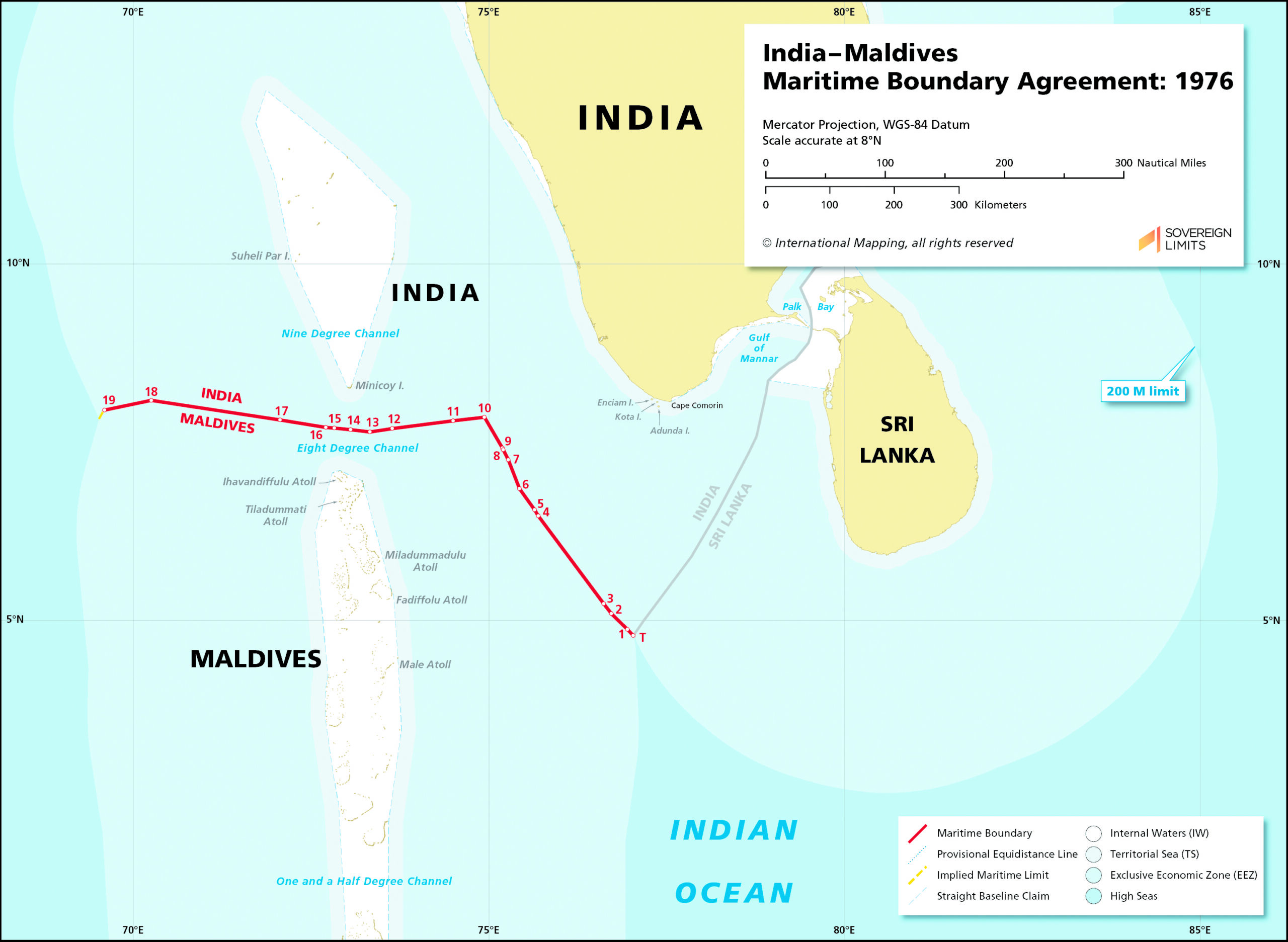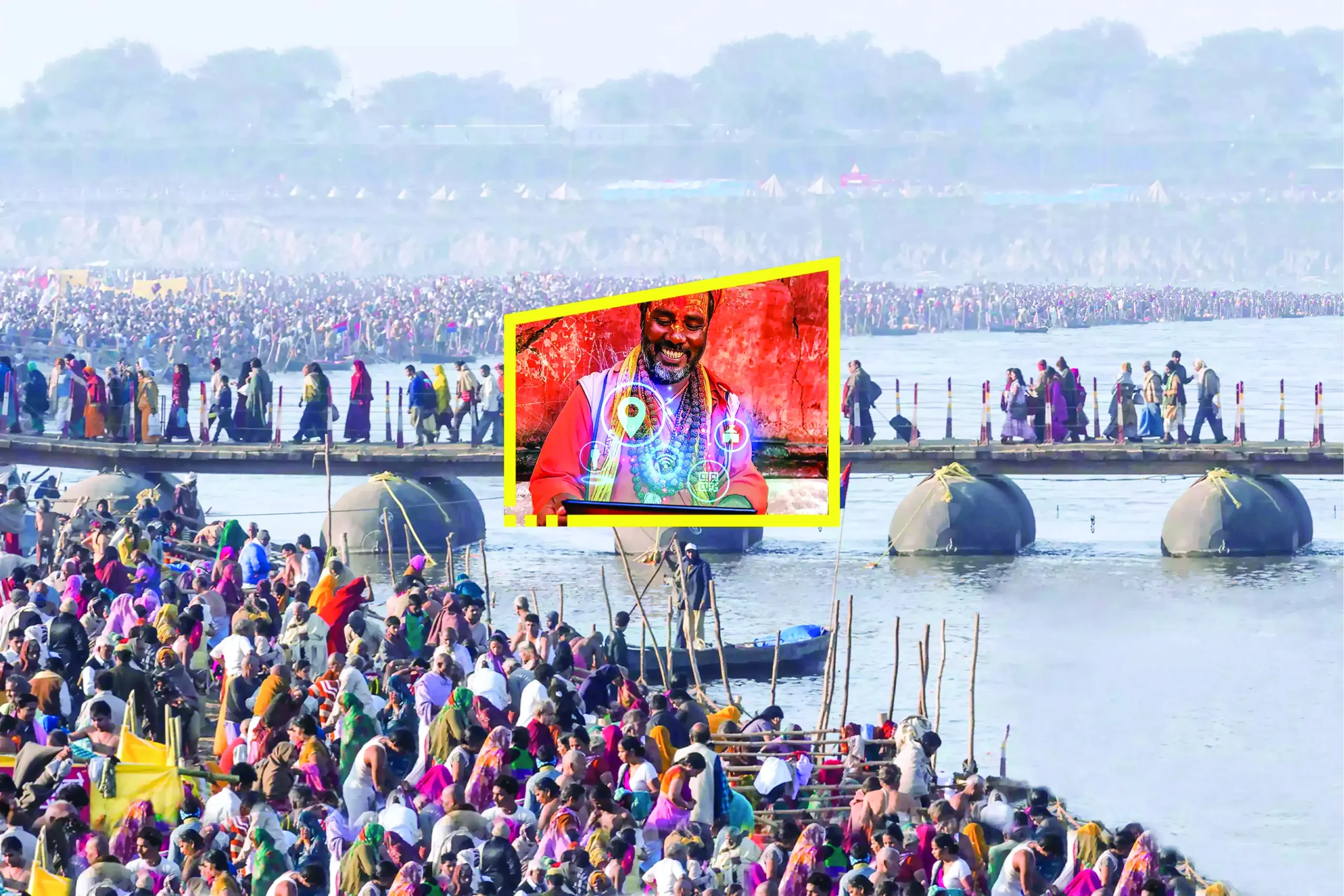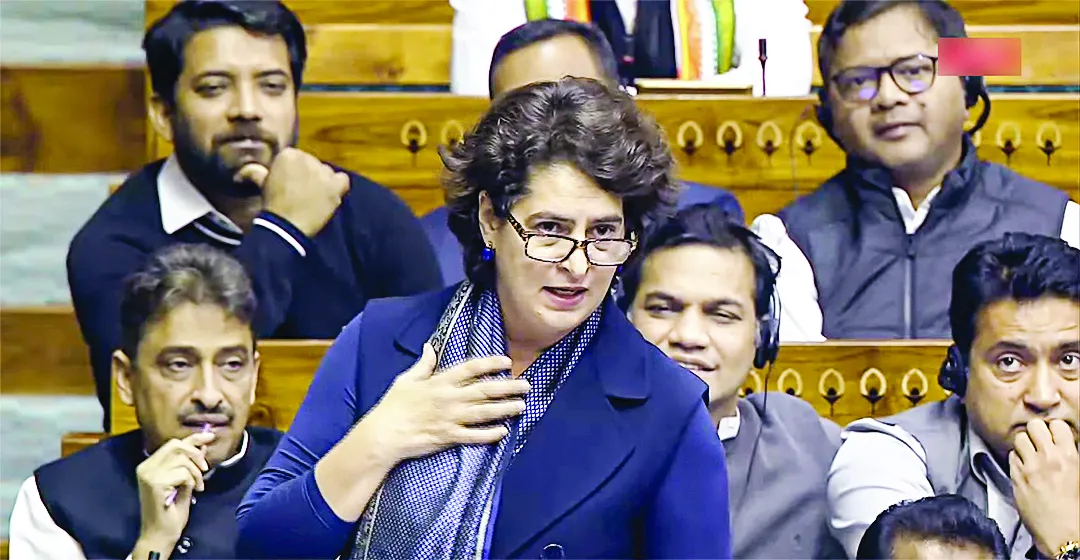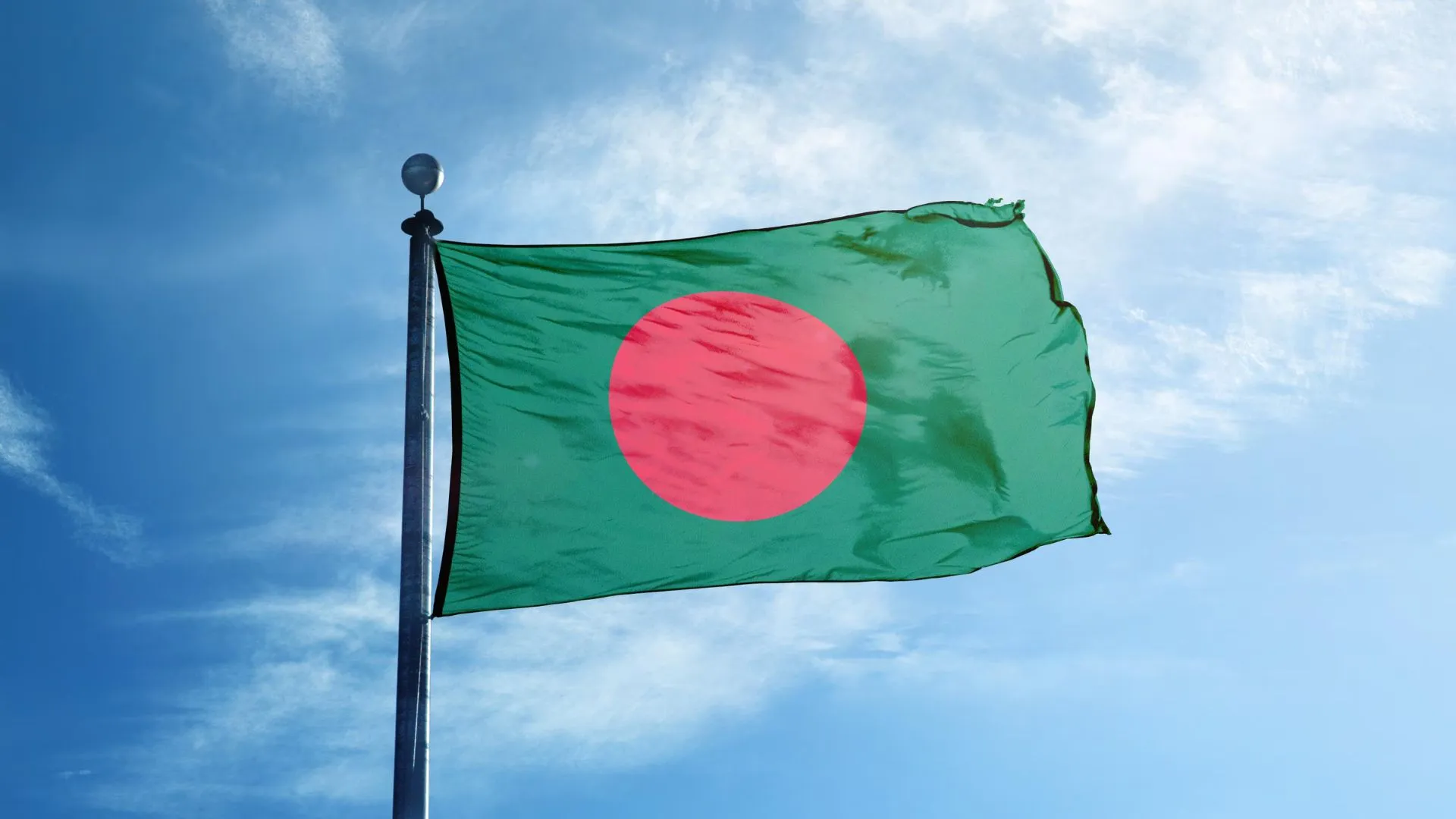The country, famous worldwide for its beautiful blue seas, is now envious of another island undergoing development. This statement alludes to the current India-Maldives controversy. Maldives, a favourite vacation destination for many Indians, has led to India topping the charts in sending tourists for tourism, covering almost 11.8% of the market share in the year 2023. Whenever Maldives is in need, India is the first responder as their neighbour and ally. For instance, during the Tsunami in 2004, India was the first country to provide assistance in that crisis.
Even in terms of security, both countries have participated in many joint Défense exercises like Ekuverin, Dosti, Ekatha, and Operation Shield. India and Maldives play crucial roles in the security of the Indian Ocean region and are contributing members to the SAGAR vision.
When it comes to infrastructure development in health or education, India consistently stands as Maldives’ primary supporter. Acts such as awarding the largest infrastructure project in the Maldives, the Greater Male Connectivity Project (GMCP), to the Indian company Afcons in August 2021 highlight this support. With the assistance of an Indian credit line, the Hanimaadhoo International Airport Development initiative is set to begin construction on a new terminal capable of handling 1.3 million passengers annually. In 2022, the External Affairs Minister of India inaugurated the National College for Policing and Law Enforcement (NCPLE).
All the above instances cleared one thing that India-Maldives are perfect example of international friendship with overall development in the world. But alarm bells should be raised due to the swift deterioration of India-Maldives ties, occurring only one month after Prime Minister Narendra Modi met with Mohamed Muizzu, the recently elected president of the Maldives. The underlying causes, however, are more complex and may impact the neighbourhood and relations between India and the Maldives more broadly, ultimately leading to a change in Male’s leadership. The “India Out” campaign of the PPM propelled Mr. Muizzu to power. However, Mr. Muizzu, currently in China, is the first President who did not prioritize India, opting for Turkey as his first bilateral stop. In 2014, President Yameen, who initiated the “India Out” movement and grew close to Beijing, made his maiden trip to Delhi. Despite India clarifying the role of its military personnel, Mr. Muizzu has persisted in pressuring India to evacuate them.
The situation took a new turn when, instead of promoting tourism in Lakshadweep, Indian Prime Minister Narendra Modi’s posts created new dilemma in the relations of two countries. The incident unfolded when Prime Minister Narendra Modi posted a few pictures of his holiday on his social media platform ‘X’ (formerly Twitter), advocating for tourism in his own country and supporting the economic development of Lakshadweep, an Indian island.
The action did not include any remarks about the friendship between India and the Maldives; rather, it was taken by the Prime Minister to encourage people of his own country to support domestic tourism.
The issue escalated into an international dispute when three deputy ministers from the Maldives reacted to Prime Minister Narendra Modi’s post, labelling the Prime Minister of India as a ‘clown’ and making derogatory remarks about India. These remarks led to the suspension of those ministers by the Maldivian government in response to a question asked by the New Delhi office. But in this digital era, one mistake can lead to many damages.
The remarks made by three deputy ministers led to one hashtag: ‘Boycott Maldives’ by the Indian population on social media. The result of this hashtag is that Indian people started to cancel their tickets and vacation plans in Maldives. Tour and travel companies began to remove pictures of Maldives and started to post pictures of Lakshadweep as famous blue sea tourist spots, and numerous cancellations occurred in the hotels of the Maldives, as reported by Easemytrip.com.
In a region where multiple elections are taking place this year; India must ensure that domestic political shifts in the surrounding area do not alter the fundamental framework of bilateral ties or jeopardize regional stability. Additionally, it should aim to maintain consistency in international relations with the national pride.























